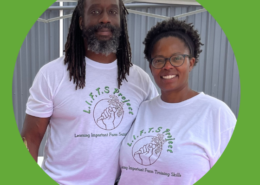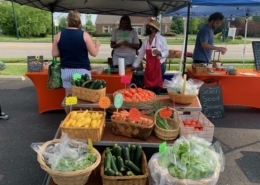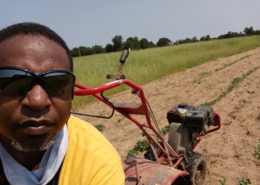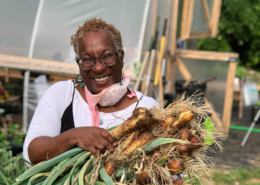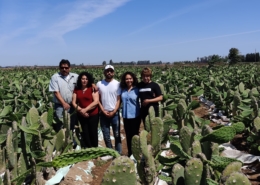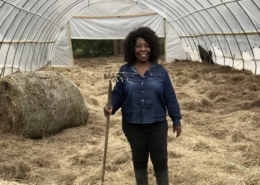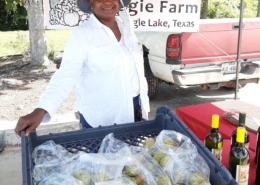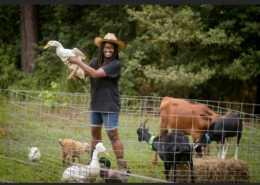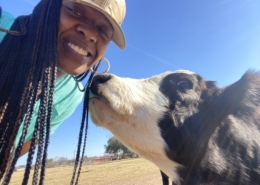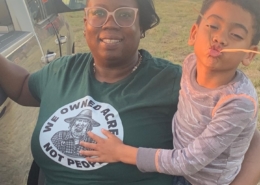Farmer Equity Project
The Farmer Equity National Assessment is a national scan of opportunities and challenges of farmers of color throughout the United States. This assessment consists of, but is not limited to, African American, Asian American, Native American, Latino/Hispanic, and immigrant farmers in communities throughout the U.S.
A large share of farmers of color are low-income, disadvantaged, and historically underserved people in vulnerable communities. This project is designed to assist funders in making strategic programmatic investment decisions. The National Center for Appropriate Technology (NCAT) partnered with farmers of color, support organizations, and developed an Advisory Council to co-create an approach and process of the Farmer Equity National Assessment.
 The program goal was for NCAT, key partners, and the Advisory Council to collaboratively and equitably co-create, develop, and deliver a national assessment of farmers of color. NCAT and partners carried out this assessment plan with the Advisory Council and partners, through a field survey for farmers of color and key networks to identify best practices and opportunities for leveraging impact. These efforts were developed through an equity focus. The objective is to catalogue the state of farmers of color throughout the nation, examine challenges and barriers, identify opportunities, determine what is needed for systems change, find systemic change already happening, and highlight case studies of successes, best practices, and lessons learned.
The program goal was for NCAT, key partners, and the Advisory Council to collaboratively and equitably co-create, develop, and deliver a national assessment of farmers of color. NCAT and partners carried out this assessment plan with the Advisory Council and partners, through a field survey for farmers of color and key networks to identify best practices and opportunities for leveraging impact. These efforts were developed through an equity focus. The objective is to catalogue the state of farmers of color throughout the nation, examine challenges and barriers, identify opportunities, determine what is needed for systems change, find systemic change already happening, and highlight case studies of successes, best practices, and lessons learned.
This project allowed NCAT to better understand the needs of historically underserved farmers in the country by soliciting assistance from organizations, individual farmers, and non-profit organizations to share with us via surveys the daily task of working with farmers with different cultural needs than the average farmer. This project also allowed NCAT to assist foundations to better understand the need of this particular demographic to create future programs and resources.
The Farmer Equity National Assessment also assesses the challenges and opportunities existing for farmers of color. The project aligns with NCAT’s mission and priority to work with farmers of color and vulnerable communities.
It is critical to understand the barriers farmers of color face and to document opportunities to learn from each other’s experiences, successes, and challenges. It identifies where systemic change is happening, highlighting case studies of successful initiatives and lessons learned interpreting the assessment results in the context of sound baseline information, and identifying some unknowns. The results provide insight into opportunities and challenges for the next generation of farmers. The assessment was used to identify existing connections and networks, highlight opportunities, and explore market enterprises, including those that support institutional and early-care good food procurement. It also assesses policy barriers and opportunities, farmer attitudes and priorities, changing demographics, and recent trends impacting farmers of color.
The Farmer Equity National Assessment is an outcome and solution-oriented project that identifies where greater investments can be made to support farmers and communities of color. The intended audience for the assessment is W.K. Kellogg Foundation and other national and regional funders for the purpose of informing the field, and, ideally, to help direct strategic funding and collective action to benefit farmers of color. This assessment also provides practitioners in the field with a better understanding of opportunities.
The following stories come from farmers of color from across the United States who responded to a survey to participate in this project.

